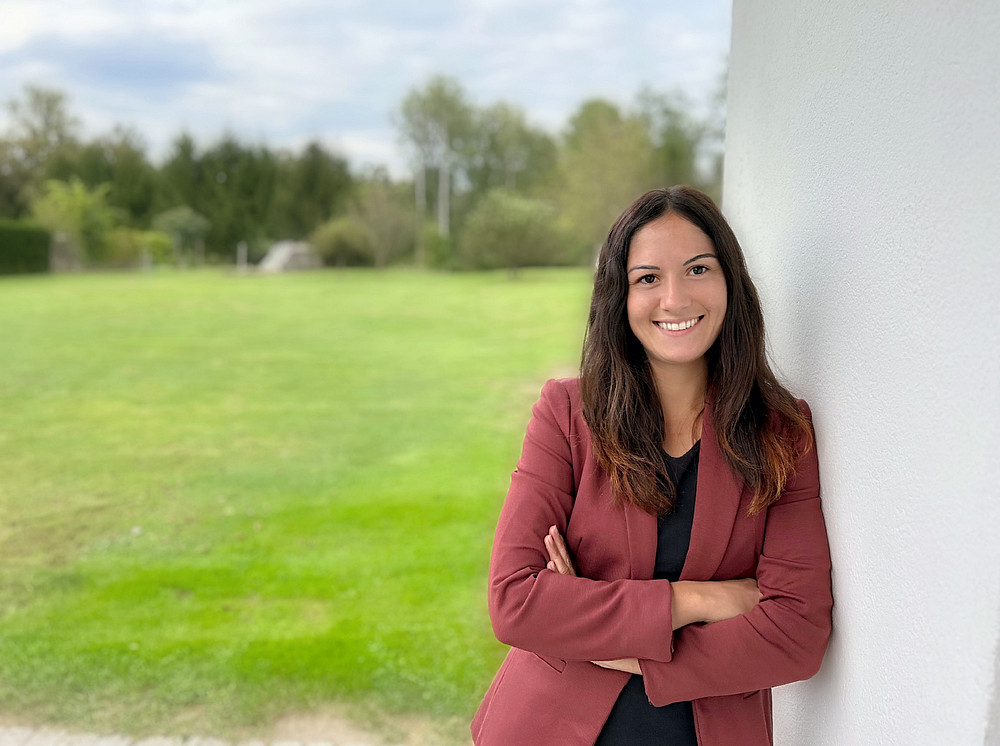Andreas Konrad - Tenure Track Professorship for Human Movement Science and Biomechanics
What exactly are you working on?
As part of my current projects, I am investigating the effects of acute and long-term training-related interventions (e.g. stretching, hard foam rolling, strength training) on various performance-related parameters in healthy adolescent and adult athletes. In particular, these projects entail collecting data on parameters such as mobility, static and dynamic strength parameters, muscle-tendon parameters and performance-physiological parameters are collected in these projects. The main focus of my research is not only to examine the effect of training interventions, but also to investigate the possible causes and mechanisms of change. I use various biomechanical, performance-physiological and sports-medical measurement techniques (e.g. ultrasound).
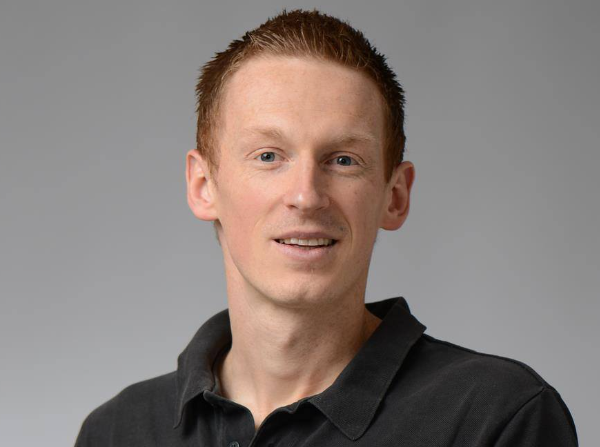
What do you find particularly socially relevant about your work?
When you look at the warm-up procedures used at sporting events such as soccer matches or athletics events, you can observe athletes performing dynamic stretching exercises to increase flexibility and otherwise improve performance parameters. Our studies habe been carried out over the last few years under controlled conditions in our laboratory in Graz. Our study results are thus likely to find application in sports practice.
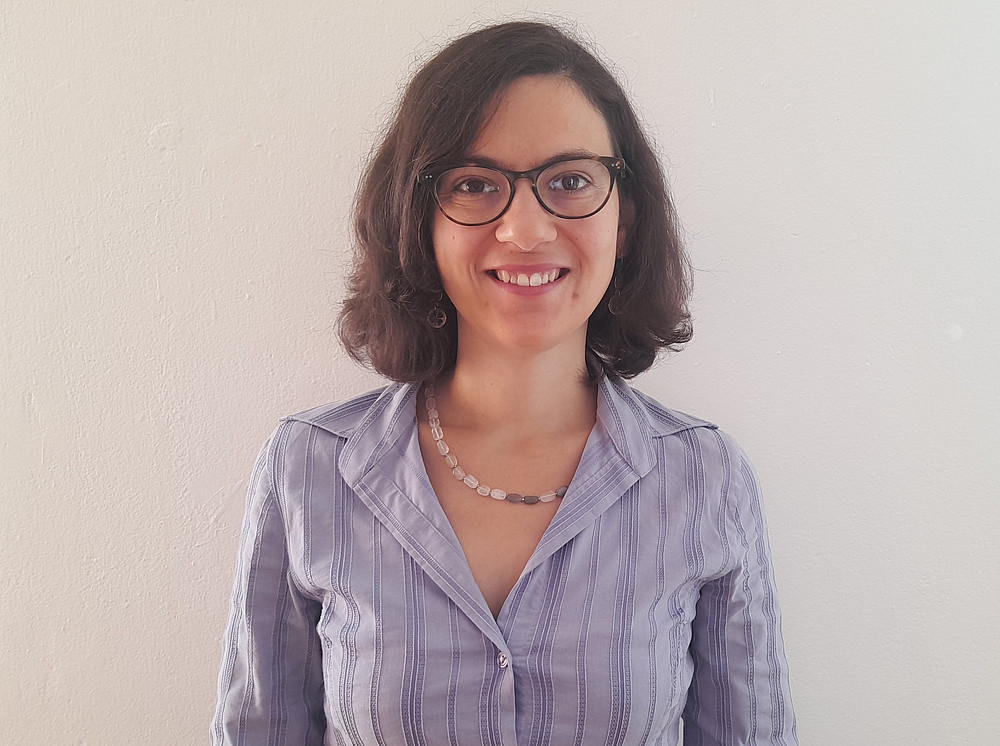
Arianna Cavaliere - Research Assistant (PostDoc) at the Department of Education and Educational Science
What are your currently working on?
My work in the field of empirical learning environment research and university didactics is based on my expertise at the intersection of educational science and sociology (sociology of educatin, urban studies). After studying to become a primary school teacher and kindergarten teacher, I completed a doctorate in urban research (sociology). I am interested in learning and educational processes in childhood and adulthood, diversity among learners and teachers, inclusion, and the quality of life in various districts and urban settings.
What do you find particularly socially relevant about your work?
I see the aim of my work as making the university a more inclusive place, one that values diversity as a resource and one which manages to take account of regional structures and associated needs.
Gerhild Bachmann - University Assistant at the Department of Education and Educational Science
What do you find particularly socially relevant in your work?
Topics such as school development and continuing education, institutional and professional research and quality assurance are at the forefront of my research. Such issues are addressed during thesis supervision, the intention being to raise the quality of present and future living. Research currently concerns a wide range of issues, e.g. feedback culture and student motivation, the mental health of athletes at the peak of their careers, places of education for sustainable development, the impact of social changes on the quality of life of young adults, the effects of digital teaching on social life and learning success, and surveying students' views on continuing education measures in the teaching profession.
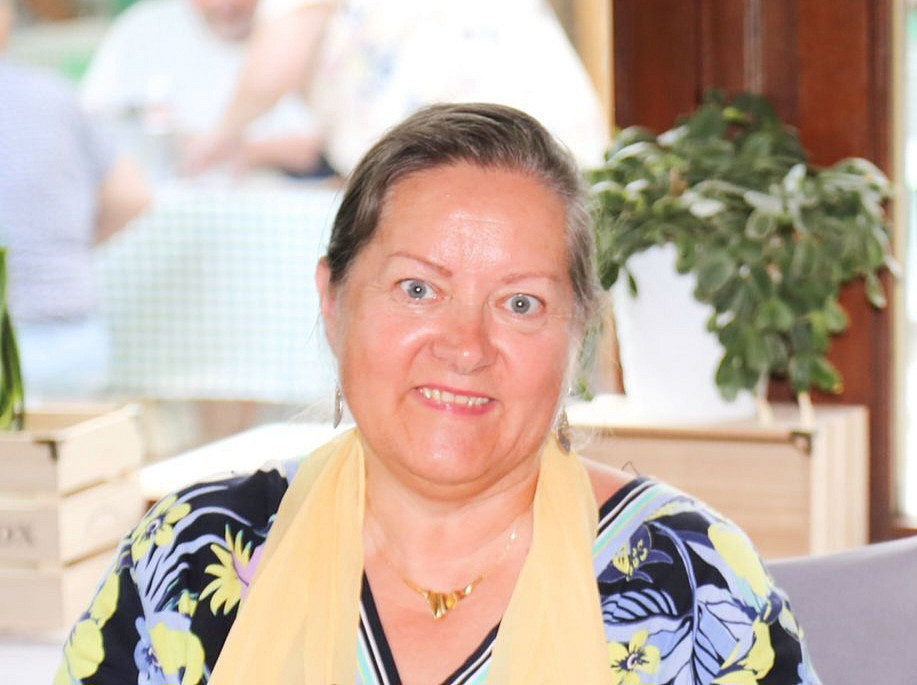
What aspect of your work is particularly enriching for you?
Apart from research, I am engaged in numerous other activities. As Chair of the Curricula Commission for Education and as ERASMUS Officer for Adult and Continuing Education, I advise students on studying abroad and help them plan learning agreements to ensure that no time is lost. As an advisor for the university entrance qualification examination, I advise those with no school leaving exams who are interested in studying to become a teacher. As FIT (Friend of IT) and GFS (Group File Service) manager at the Institute of Education and Educational Science, I answer IT-related questions for colleagues and pass on IT know-how. My role on the UNESCO Advisory Board for Transformative Education is also particularly enriching.
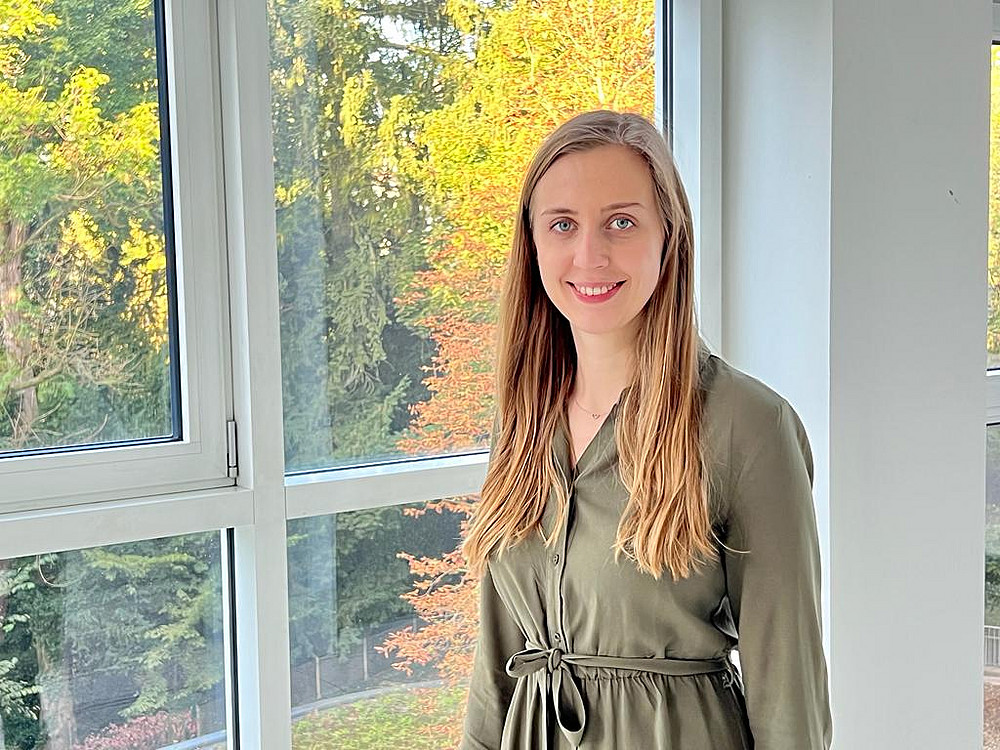
Katharina Prinz - Research Assistant (PreDoc) at the Department for Educational Research and Teacher Education
What do you find particularly socially relevant about your work?
In my work, I see the opportunity to contribute to the inclusion of pupils with disabilities, to enable them to participate more actively and to pass on the experience I have gained in teaching to future teachers. Reading skills in particular play a key role in further education and participation in society, which is why early support based on individual strengths and difficulties is important. By providing support that also takes social-emotional skills (e.g. problem-solving skills, strategies for emotion regulation and self-efficacy) into account, pupils can be prepared preventively for any challenges they may face in the school context due to reading difficulties.
What do you find particularly socially relevant about your work?
In my work, I see the opportunity to contribute to the inclusion of pupils with disabilities, to enable them to participate more actively and to pass on the experience I have gained in teaching to future teachers. Reading skills in particular play a key role in further education and participation in society, which is why early support based on individual strengths and difficulties is important. By providing support that also takes social-emotional skills (e.g. problem-solving skills, strategies for emotion regulation and self-efficacy) into account, pupils can be prepared preventively for any challenges they may face in the school context due to reading difficulties.
Manuela Hirschmugl - Tenure Track Professorship Geospatial Technologies with a focus on geoinformation
What exactly are you working on?
My research aims at the efficient derivation of information about processes on the Earth's surface from satellite images and other remote sensing data. I am particularly interested in those processes that have an impact on vegetation and the forests, whether it be protected areas or in areas of commercially application. This includes the effects of climate change, of course, but also those of political decisions. The extent of the changes is often unclear and on-site surveys do not allow us to make comprehensive statements. Together with project staff in-house and with national and international partners, we are working to observe and measure these changes objectively and comprehensibly and thus provide reliable data for further decisions.
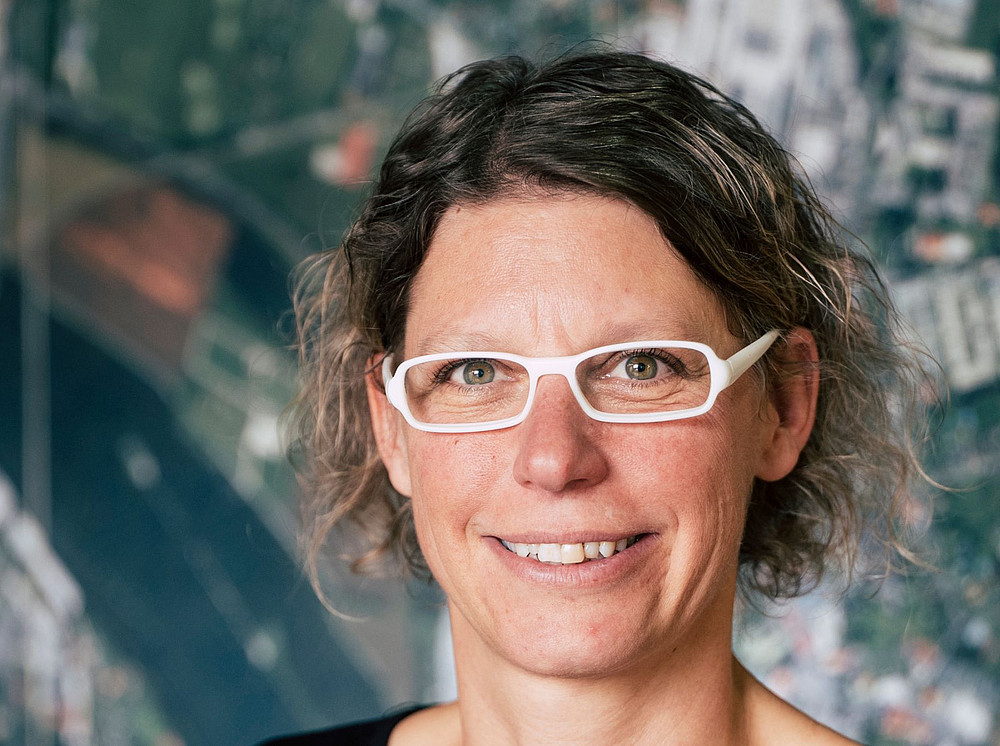
What aspect of your work is particularly enriching for you?
I would like to emphasize two aspects here. The first is working with students. Particularly in the context of final theses, I am always amazed at how creative and clever students are in coming up with solutions and it makes me proud when at the end they can confidently present their work at the end and defend it in a scientifically sound manner. The second aspect is the cooperation with other research groups and partners. This is challenging, but it spurs me on to new achievements, broadens my horizons and also promotes interdisciplinary and intercultural exchange. Always learning something new, staying active and being able to pass on a lot of my own knowledge is what makes my work so varied and exciting.
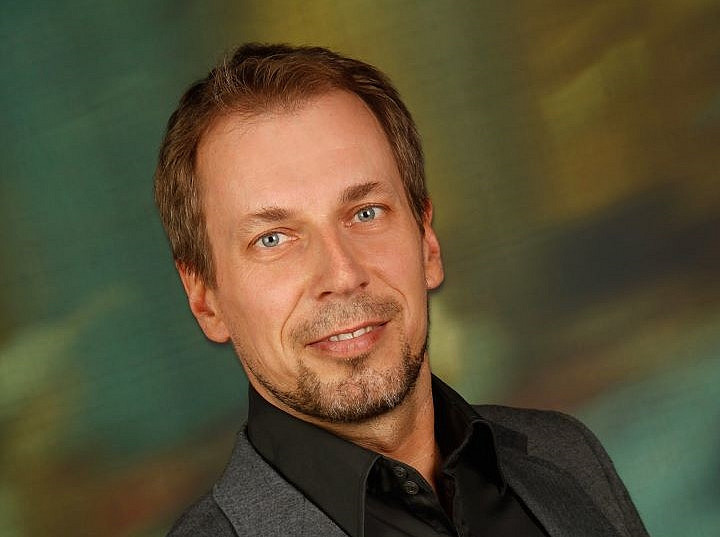
Gerhard Tschakert - Associate Professor at the Institute of Human Movement Sciences, Sport and Health
What exactly are you working on?
Together with my research group "Sports Physiology, Training Science and Training Therapy", I deal with the acute, medium, and long-term effects of different physical stresses (physical activity & training) on the organism in a wide variety of groups of people - from athletes in high-performance sport to people with chronic illnesses (training therapy). A central role is played here by the individualization of the load specification, especially the intensity, duration and frequency of the loads, since only individualized stimuli trigger adequate and targeted acute reactions and adaptation effects in each individual. This is true for both constant load and intermittent load applications.
What do you find particularly socially relevant about your work?
In addition to the optimization of training processes in competitive sports through to training therapy, the social relevance of our work lies particularly in demonstrating that physical activity/training and physical fitness/performance have an enormous, positive influence on the maintenance (prevention) and recovery (therapy) of health. It is not for nothing that physical inactivity is considered one of the main causes of chronic illness. The various positive and health-promoting effects of physical activity/training are evident, but either they have not yet penetrated sufficiently into the public domain and/or there ramains a lack of implementation in practice. One of the aims of our work is to help change this.
Julia Danzer - Scientist at the Wegener Center for Climate and Global Change
What exactly are you working on?
In a current FWF project that I am leading, I am using the new improved climate data to investigate wind fields and jet streams under the influence of climate change. I am working on several research projects in climate research at the same time. I have been involved in satellite-based climate observation of the Earth's atmosphere for 10 years. My research has focused on correcting small errors in the climate data. These are caused, for example, by the influence of the sun.
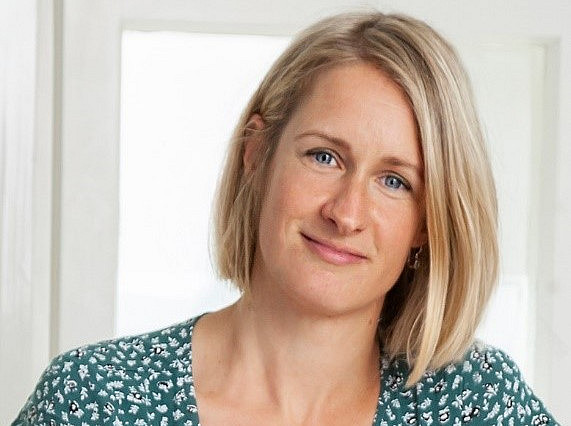
What do you find particularly socially relevant about your work?
I have also been increasingly involved in transformation research for around two years and am looking at how companies and institutions can become climate-neutral. Among other things, I also support the University of Graz with regard to its climate targets. In my work, I not only have to manage a small team, but also engage in information exchange with national and international partners. I particularly enjoy working on socially relevant topics in my research.
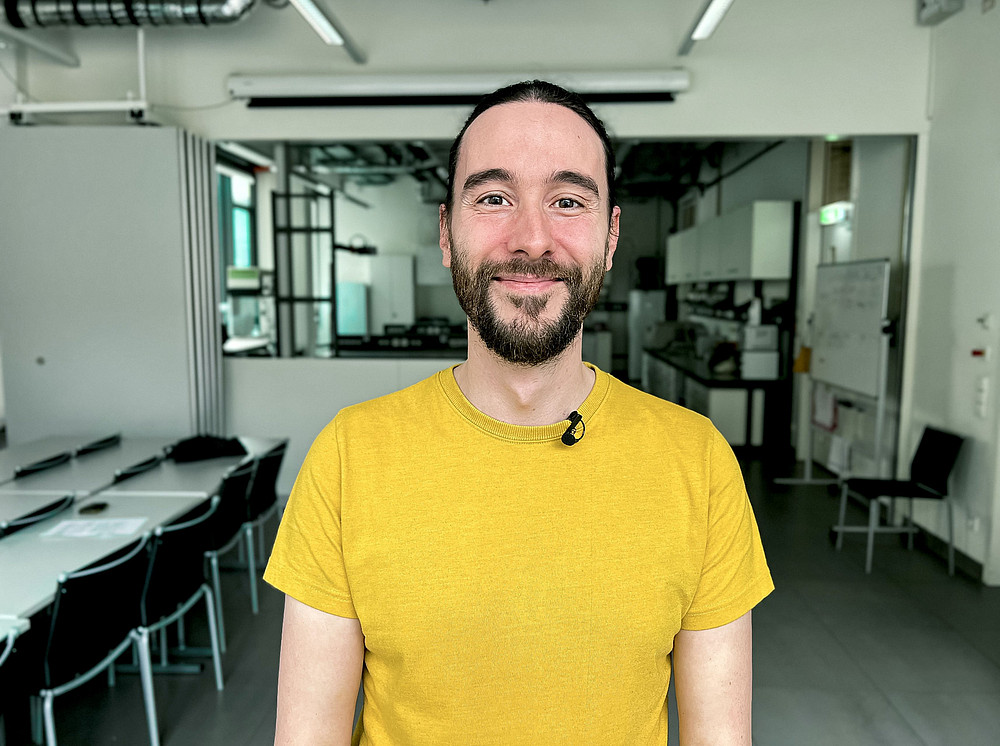
Georg Jäger - Assistant Professor for Complexity Research in Adaptive Systems
What aspect of your work is particularly enriching for you?
Definitely the contact with students. Especially in the field of sustainability, interactions with decision-makers, politicians and business can be very sobering, sometimes even frustrating. Working with students is a welcome balance that helps me to maintain my optimism about the future.
What's the funniest thing that has happened to you in the lecture hall so far?
A student enters the lecture hall and says: "Mah, I'm always the first. That makes me feel like a complete nerd." "Well, you're not the very first anyway. I'm already here," I reply. "Yes, that's true. You're also something of an alpha nerd."
Annina Thaller - Research Associate (PostDoc) at the Department of Environmental Systems Science
What do you find particularly socially relevant about your work?
I deal with necessary behavioral and systemic changes in the areas of sustainability, climate protection and, above all, mobility and try to contribute to answering the question of how we can ensure a future worth living for generations to come. As we all know, mobility is a question that affects us all, and through my research focus I am directly at the interface of, and in discussion with, citizens, political actors and other organizations. I think that the common development of possible solutions is a central and necessary feature when attempting to master the social challenges of our time.
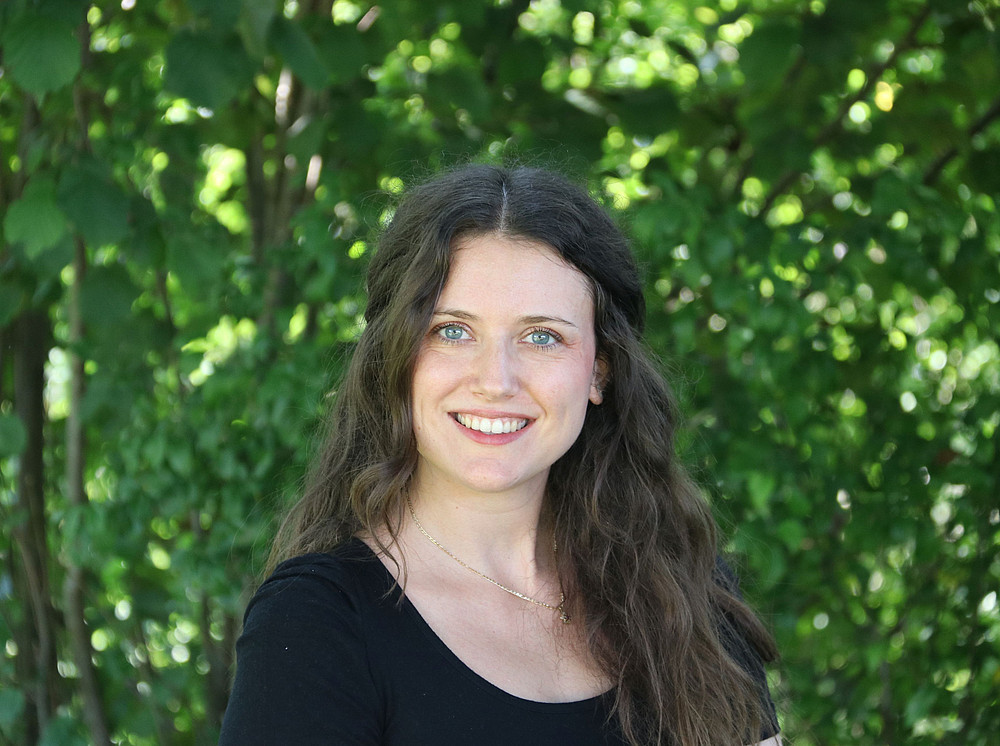
What aspect of your work is particularly enriching for you?
In addition to research, my role as a lecturer is also very enriching for me. It is particularly important to me to emphasize the relevance of high-quality and inspiring teaching not only for students, but also for the university and, above all, for the promotion of young talent. Here, too, I see time and again how much we can learn from each other and how much potential and creativity lies dormant in young minds - be it in exciting discussions in lectures or brainstorming and exchanging ideas on specific thesis topics.
What do you find particularly socially relevant about your work?
In my work, I see social relevance in identifying and evaluating sustainable alternatives to conventional products and processes. This helps to reduce environmental impacts in the near future, which is very important in view of current global events. The big challenge here is to create a shift towards sustainable business practices that will enable us to maintain our prosperity.
Paul Krassnitzer - Research Associate (PreDoc) at the Department of Environmental Systems Science
What aspect of your work is particularly enriching for you?
Part of my work involves analyzing and evaluating new scientific findings in the field of techno-economics and life cycle analysis. The constant search for new knowledge enriches my work to a great extent; I am a curious person who likes to get to the bottom of things. The combination of these factors allows me to research sustainable solutions that can have a positive impact on our future.
What do you find particularly socially relevant about your work?
In my work, I see social relevance in identifying and evaluating sustainable alternatives to conventional products and processes. This helps to reduce environmental impact in the near future, which is very important in view of current global events. The big challenge here is to create a shift towards sustainable business practices that will enable us to maintain our prosperity.
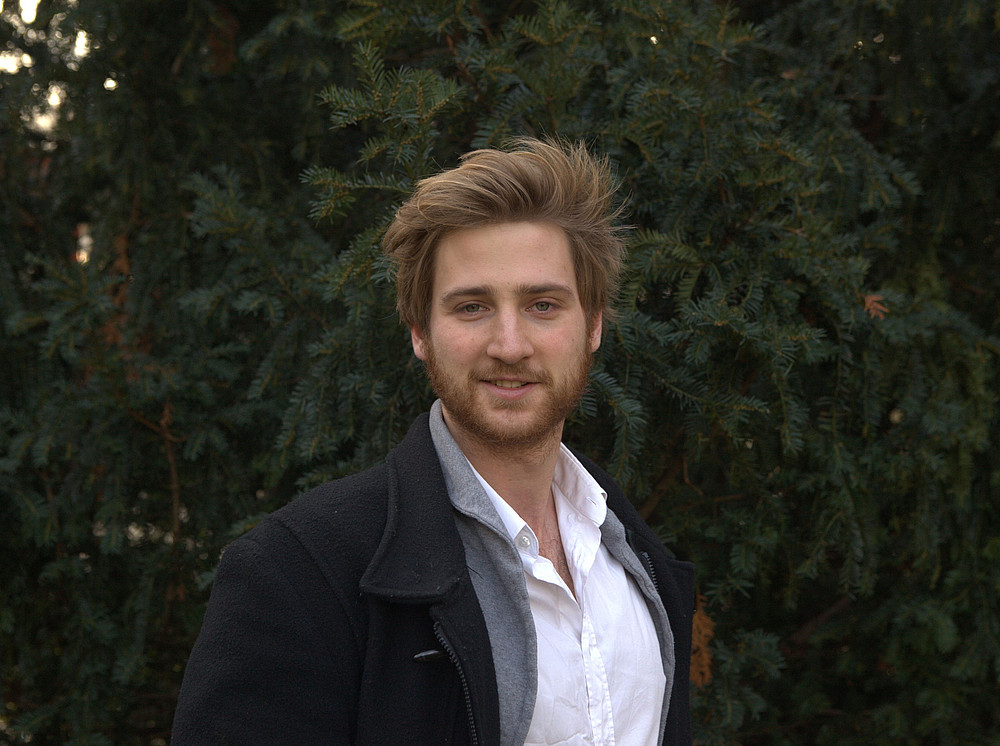
Judith Pizzera - Senior Lecturer at the Department of Geography and Spatial Research
What do you find particularly socially relevant about your work?
Here at the department, we mainly train students from the fields of geography and environmental systems science as well as teacher candidates for the subject of geography and economics. We emphasize issues of sustainable development both thematically, through the broad field of environmental and climate protection, and also through the later professional fields. We sould always bear in mind that the teachers we train today are going to shape future genereations and will thus have an impact on the society of tomorrow. If I, as a teacher at URBI, can generate positive momentum on certain issues, I can definitely leave my mark on society.
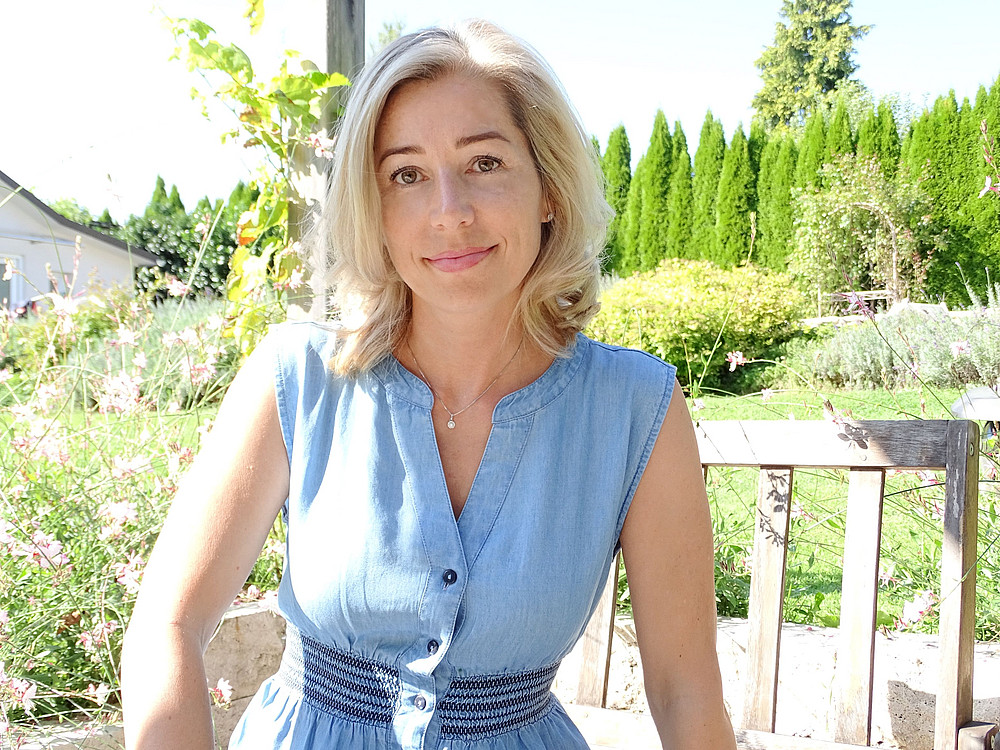
What aspect of your work is particularly enriching for you?
I believe the greatest privilege of my work derives from the diversity of my activities in teaching and research, together with my role on the works council. The interaction with people from very different areas keeps you flexible and in a state of constant development.
I find it particularly rewarding to be able to accompany students from their first semester to their master's degree, to observe their development and very often to receive appreciative feedback on my own work. That is probably the most fulfilling thing about my work, seeing how people mature and later succeed in their careers.
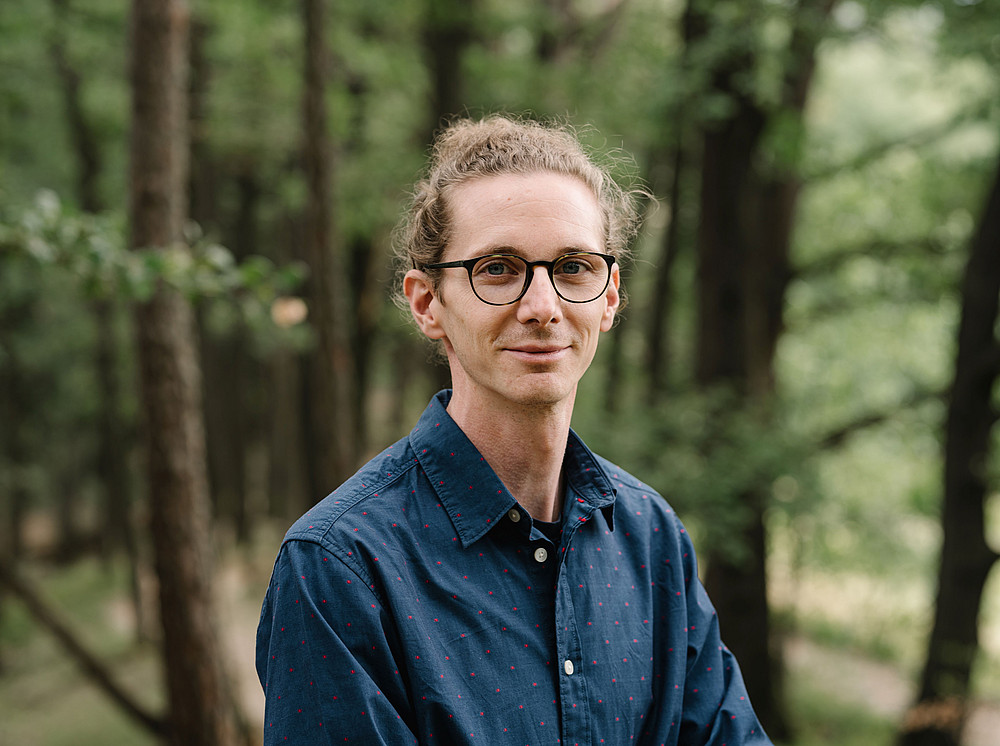
Gabriel Bachner - Scientist at the Wegener Center for Climate and Global Change
What exactly are you working on?
I deal with the interplay between the economy and the climate. More specifically, I ask myself how climate change affects our economy and how the latter can adapt, as well as how economic activity affects our climate and how we can manage the transition towards a climate-neutral and sustainable system. Specific areas of my research are, for example, the economic consequences of sea level rise, the transformation of industry and the transportation sector, as well as questions of distributive justice in connection with climate change impacts, adaptation and climate protection.
What aspect of your work is particularly enriching for you?
I interact a lot with stakeholders as part of my work. It is particularly enriching when they help to shape my research constructively - in the sense of co-creation - and when my research results also flow into socially relevant decision-making. A good example of this is the "COIN" project (Costs of Inaction - Assessing the Cost of Climate Change for Austria), which we carried out 10 years ago and the results of which are still being used in public discourse.
Thomas Brudermann - Associate Professor at the Department of Environmental Systems Science
What exactly are you working on?
I deal with human decision-making behavior in the context of sustainability. A central question is: why is progress on climate protection and other sustainability issues at a societal level so slow, even though we are actually quite aware of its urgency? And how can we break the underlying patterns of thought and behavior in order to help overcome these massive challenges?
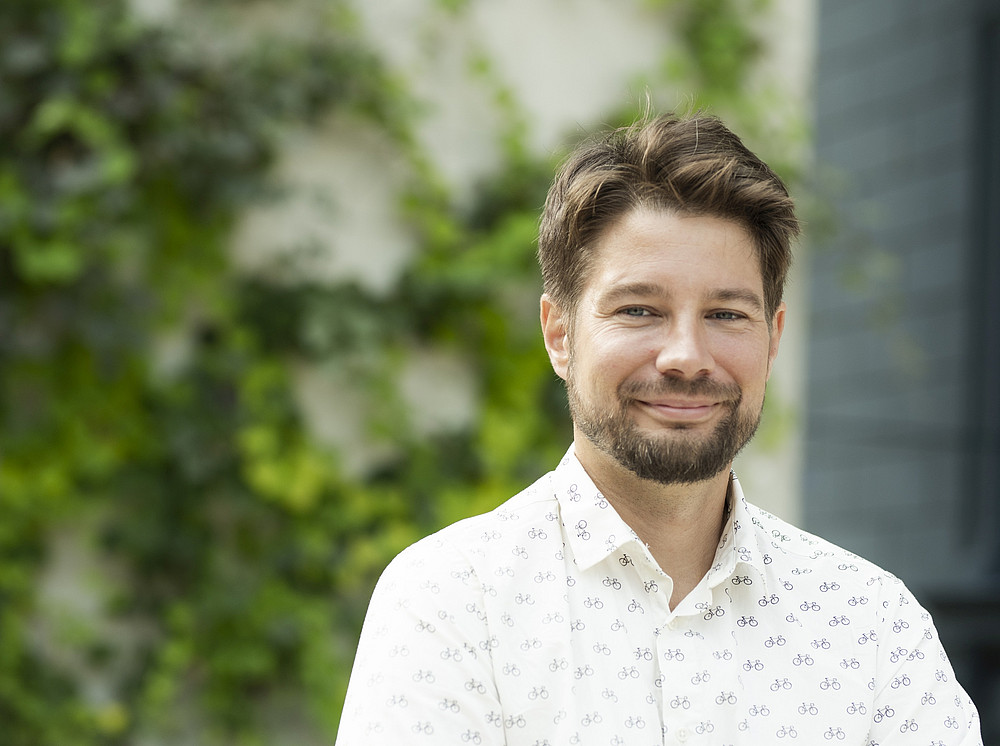
What aspect of your work is particularly enriching for you?
Above all, it is the interaction with others: With colleagues from different disciplines, with motivated and smart students, and especially with people outside the universities. I'm involved in science communication, often get involved in public events, talk to the media a lot and am also active on social media. Of course, I am also confronted with hostility and science denial. But I also experience a lot of appreciation and interst in the topics when I engage in informational exchanges with different people outside the usual academic bubble.

Christoph Kreinbucher-Bekerle - Research Assistant (PostDoc) at the Department of Human Movement Sciences, Sport and Health
What exactly do you do?
As a trained sports psychologist, I work in the field of movement and sports education on issues relating to the opportunities for participation and involvement of different people - e.g. those with disabilities - in movement, play and sport in various settings (educational institutions, social facilities, clubs). My current focus is on the use of participatory research methods in order to approach a topic area with those concerned and thus enable a higher level of awareness among the people themselves and in society in general.
What do you find particularly socially relevant about your work?
Research has shown that people with disabilities or other disadvantaged groups have fewer opportunities to actively participate in sport and exercise. To date, people with disabilities have rarely been included in research contexts. The focus has been instead on the concerns of caregivers or relatives. Through joint research work with the people themselves affected, important insights can be gained for the design of sports and exercise programs in order to create more joyful encounters in the context of movement, play and sport.
Brigitte Kukovetz - Research Assistant (PostDoc) at the Department of Education and Educational Science
What exactly do you deal with?
In research and teaching, I deal with how living together in a (post-)migration society can be successfully achieved and the contribution that can be made by (political) education. What role is played here by various diversity factors (gender, origin, age, class, etc.), discrimination and racism, informal learning in civil society engagement, and by the political, legal and institutional framework?
Which aspect of your work is particularly enriching for you?
I myself learn a lot through the interaction and cooperation with people and organizations involved in civil society, as well as through communication with students. What is particularly enriching for me at the moment is the use of various visions, utopian thinking and political education, especially in the context of border regimes and international migration.
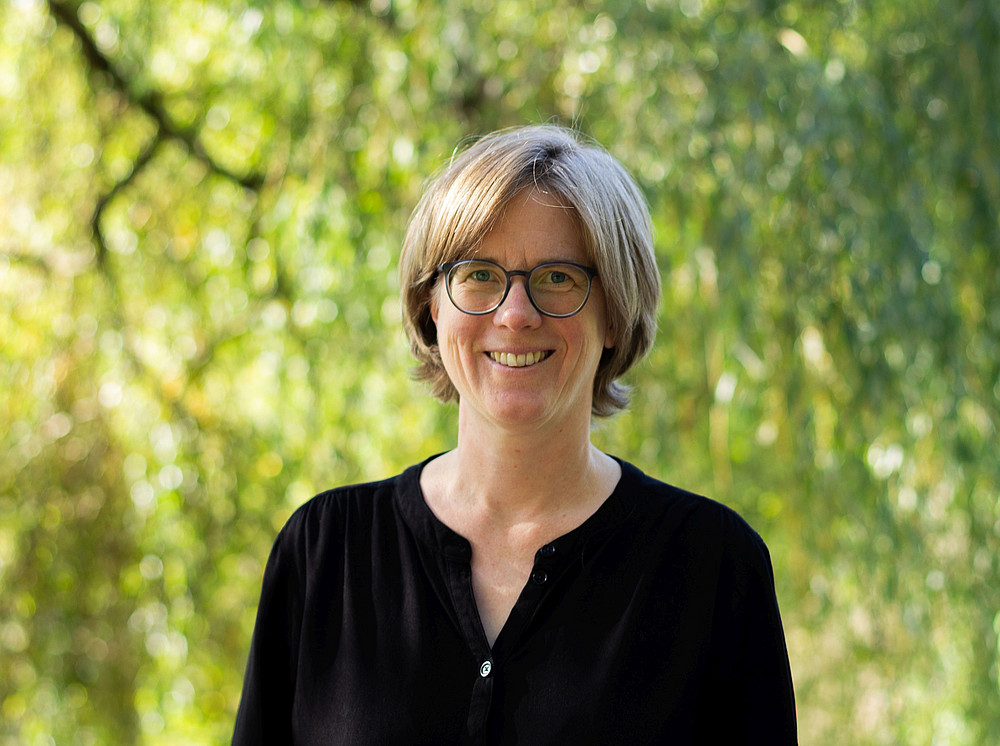
Sabrina Temel - Research Assistant (PreDoc) at the Department for Educational Research and Teacher Education
What exactly do you do?
I am a university assistant in the Department of Inclusive Education and Curative Psychology at the Institute for Educational Research and Pedagogical Education. My research focuses on inclusive education and, in particular, I am involved in evaluating the practice of allocating special educational needs in Austria.
What do you find particularly socially relevant about your work?
Inclusion is socially relevant for me because it can create a more diverse and fairer society. This means that all people, regardless of their individual characteristics, can participate in social life on an equal footing and without discrimination. That is why it is particularly important to me to support the further development of inclusion by addressing those topics and research measures that help promote it.
